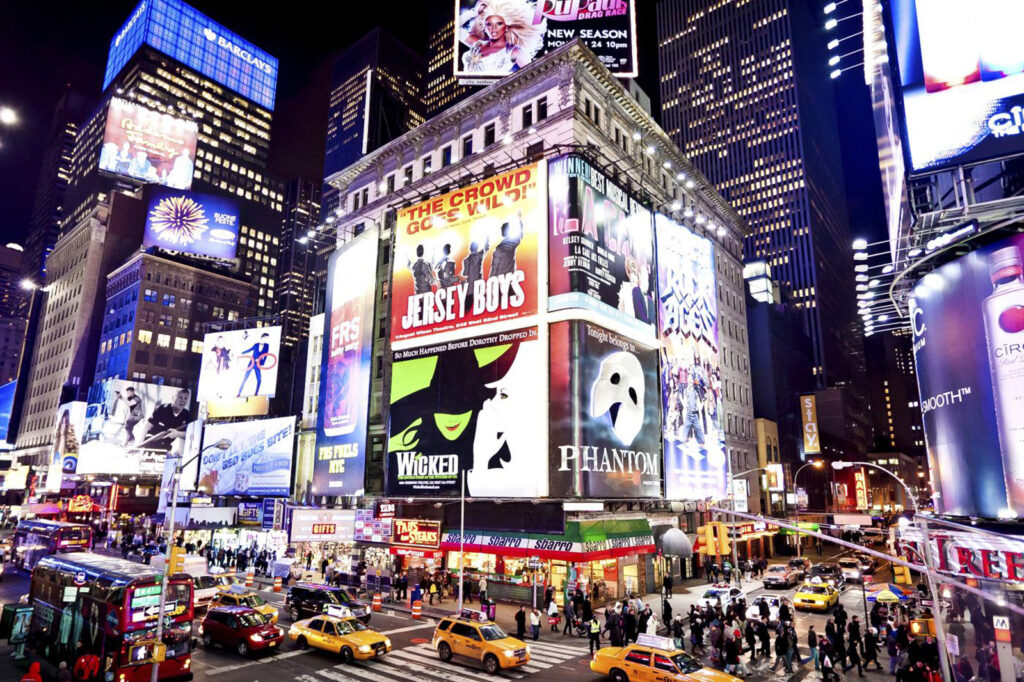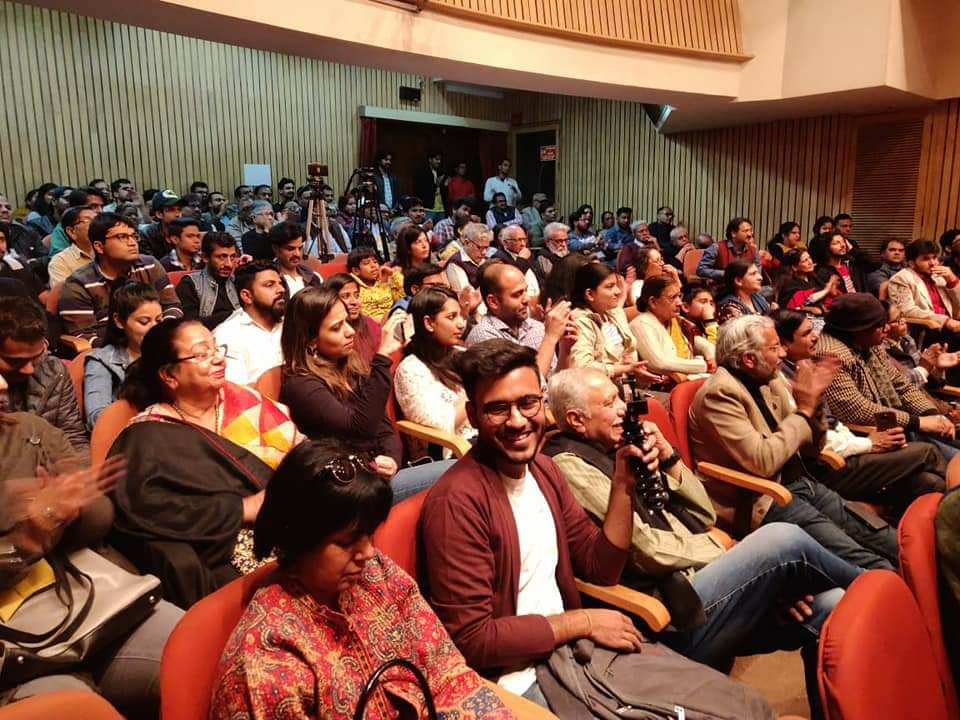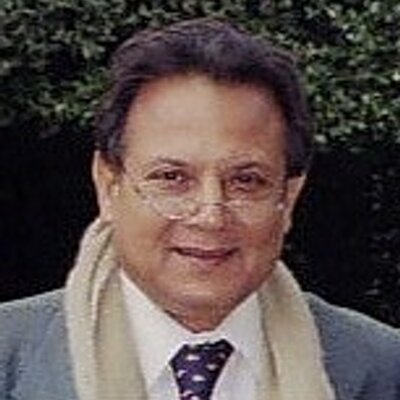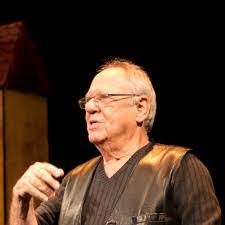The End and the Future of Theater

Theater halls have opened in the UK and Australia, and the lights will shine bright on Broadway after two years. It is too early to say whether the policymakers are being over-optimistic or careless. But for most of the world, specifically, India, theater shows will not go live for at least a couple of years. And even when the theaters open with safety protocols, the theater may not remain a financially viable business. Is it the end of theater as we know it? Is it the end of an art form that has been performed for at least 5,000 years? But then theater has survived the plague and the Spanish Flu. Before we speculate about the future, let’s take a moment to investigate the past.
The first obituary of the theater was written in the 1920s when the talkies ushered in a new era of entertainment. But not only did the theater survive the competition from cinema, the Broadway Book Musicals became a billion-dollar industry around the time. The first real blow to small regional and off-off-Broadway theater came from the television in the 1960s when a television set became a household item. But that did not stop Tennessee Williams and Arthur Miller from writing great plays. They forced the audience to return to the theaters. Harold Pinter, Beckett, Albee, and more recently Mamet created scintillating works for the stage despite the competition from the cinema and the television industry. The competition challenged theater to become more daring and intelligent.
Talking of India, we must first understand that the Indian theater is more diverse than anywhere else in the world. Indian theater is in part sacred, ritualistic, and regional. There is a deep wide chasm between the text-centric theater that is performed in the cities and the traditional theater that exists in rural India. The traditional Indian forms of performance like nautanki, pandavani, bhavai, terukkuttu, yakshagana and even the classical theater Koodiyattam have a significant regional presence and local patronage. Some of these forms are a few thousand years old and we can assume they have survived epidemics, attacks by Mughal invaders, World wars, famines, floods, earthquakes, poverty, and competition from TV and cinema. Did they survive because they spoke to the audience in their dialect? Are they immortal because they tell the local stories of the land? Or did they survive because of their sacred-spiritual nature and patronage by the temples? The temples were the seats of arts and any attack on the temple was an assault on the arts and the artists of the land. Hence this continuity of art forms is no small miracle. But the urban theater has neither local patronage nor loyalty of committed artists. Therefore, it is starting to crumble under competition from OTT and entertainment in the digital space.

Modern theater, such as we see in the cities, lacks the spectacle of traditional theater and sometimes even entertainment. The traditional theater is non-realistic and highly stylized. The costumes, make-up, body movements, gestures, music and accentuated abhinaya/acting create a performance that is moving, surreal and mesmerizing. The modern theater relies heavily on dialogue and story-telling through realistic verbal acting. The sitcoms on TV and binge-worthy shows on the OTT are also pivoted around the story and dialogue. Why would someone watch a dramatic performance cramped in a theater when they could watch drama on their phones sitting on their couch or even the toilet seat? It isn’t just the ease of watching drama on the phone, but the addiction to the phone that has become an impediment. Not to fault the story-telling. The shows are gripping and fast-paced. But then it is so easy to manipulate the audience and keep them hooked till the end. There are formula sheets, beats, and tricks that every writer in the industry uses to keep you glued to your phone.
The straight plays in Delhi and even Mumbai theaters be it English or the regional languages are laced with activism. Polemics has replaced aesthetics. Left-leaning plays have so much propaganda thrown in the script that the audience can see through it. Can we really blame the audience for not wanting to watch social activism on stage? Directors think they can compensate aesthetic appeal with lighting but they forget the audience is not here to watch a sound and light show. The audience craves good stories. It wants to see life through a clean lens. The audience is done watching Brecht, Beckett, Karnad, and Tendulkar. Bedroom comedies are passé. OTT gives the audience enough sex, comedy, and violence. What can you give them on stage that TV and cinema can’t?

The irony is the directors and actors who are flag bearers of socialism in the theater circle abandon their ideals to work for the commercial OTT and Cinema. The crew and extras are treated as third rate citizens in Bollywood, worse than apartheid, but the champions of social equality on stage never raise their voice against the injustice. And let’s not even discuss the underbelly of theater where fresh actors are made to sweep floors in the name of training. While the artists in traditional art forms are committed to the tradition and the art, the modern actors distance themselves from the theater as soon as they break into the TV/OTT industry. Without fresh ideas and dedicated theater practitioners, theater as we know in Indian cities, is at the brink of extinction.
The pandemic has given us distance and time away from the theater and rehearsal halls to re-imagine our future. It has been a time to experiment and create many futures of theater. Theater companies and individual practitioners moved the theater online within a few months into the pandemic. Broadway HD has been streaming ace-quality theater productions shot on multiple cameras since 2015. National Theater and the Royal Opera House streamed their old productions at the start of the lockdown in UK. The Melbourne Theater Company has recently launched its Digital Theater version where they stream their running shows for a limited time. Going forward, all their productions will be available to watch online for $25. While the digital productions are a great option for the theater aficionados, but a good digital production needs multiple cameras and sophisticated editing.
Watching theater production with limited camera movement can be a tad boring because our minds compare it to the cinema and TV shows. Our minds are accustomed to two second shots. Watching an hour-long play set in the same space, in more or less the same frame becomes tiring unless it’s a fast-paced comedy like ‘One Man, Two Guvnors’, by National Theater. The musicals lose their grandness on the small screen. Lest we forget, the audience goes to the Musicals for live music. The experience of watching a musical on a small screen is unsatisfying.
Independent theater groups experimented with and adapted short stories for online presentations. It started with some artists performing or even reading short stories and plays live on Zoom. The production quality of the online plays was worse than YouTube content because they were shot on phone without professional lighting and sound equipment. The shows were under 30 minutes to accommodate the audience’s attention span. Story-telling was restricted by time and technology. As time passed these experiments faded away and it became clear that the future of theater is not online.
One future of theater could be virtual reality theater that has been in the making since 2016. National Theater has launched a studio where they will use virtual and augmented reality to create shows for a communal virtual experience. It’s the high-tech, AI technology used for immersive story-telling. But this future requires a capital investment of 100 plus cameras, edit suites, and technical crew on top of the cast and the musicians. How many companies can produce this kind of theater? How many of us can afford a ticket to this show?
Of the many futures of theater, one future could have its origin in the past. Richard Schechner, a performance theorist and a veteran performer has been working with Natyashastra for over four decades. Dr. Bharat Gupt, a classical theorist and Natyashastra expert, is mentoring students in Greece, Romania, India and the US to create performances using the principles of Natyashastra. These performances are an organic convergence of music, movement, myth, abhinaya and story. Theater makers could look to Irish story telling as one kind of performance. This is our time to study the past so that we can shape a meaningful future.
Whatever form the theater takes from here, it has to become more immersive, aesthetic, poetic, non-realistic, surreal, intense, and communicative. The stories have to break fresh ground. The writers have to muster courage to experiment with the shape and the structure of the story. The performers have to make a connection with the audience. Theater has to go beyond activism and entertainment to become truly transformative and cathartic.




